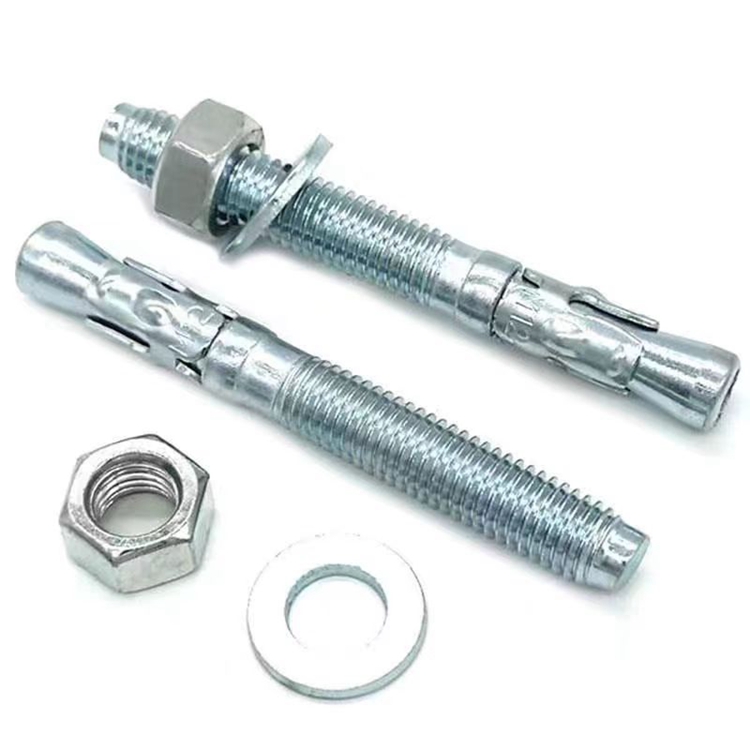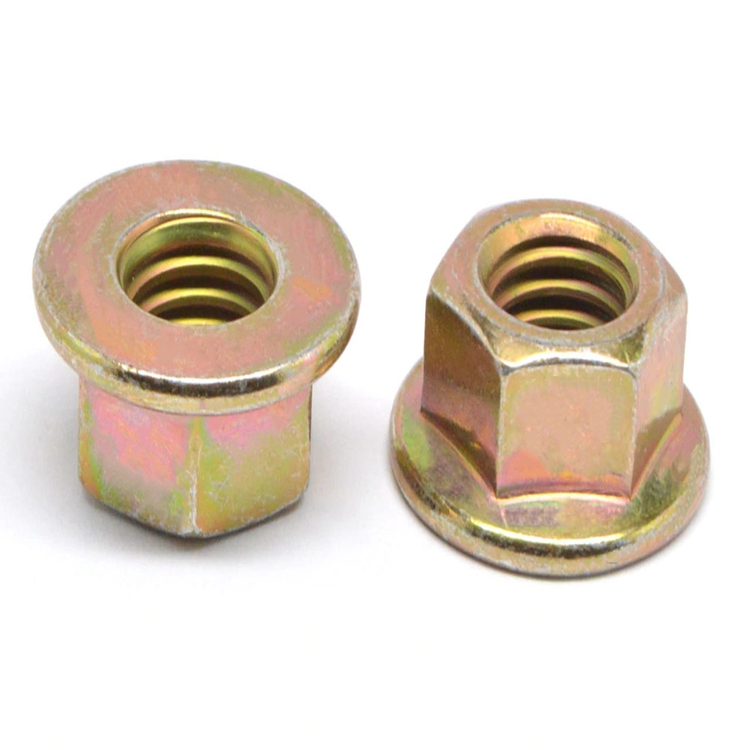engine flywheel bolts to the
ian. . 24, 2025 03:01 Back to list
engine flywheel bolts to the
Engine flywheel bolts play a crucial role in the seamless functioning of an automotive engine, binding the engine and transmission systems effectively. Their significance extends beyond mere mechanical fastening, impacting the overall performance, safety, and lifespan of the vehicle. For those dealing with maintenance and repairs, understanding the intricacies of engine flywheel bolts can provide valuable insights into vehicle efficiency and dependability.
Real-world experiences reveal that failure to apply the appropriate flywheel bolts and installation techniques can lead to distinct, adverse outcomes. Symptoms such as vibrations, harsh engagement, and in severe cases, detachment during operation highlight the necessity for employing high-quality components and seasoned handling. Motorists often share stories of costly repairs and downtime stemming from these oversights, spotlighting the importance of entrusting such tasks to qualified professionals. Anchoring knowledge to established expertise in the field, seasoned mechanics often share insights into maintaining bolt integrity over time. Regular inspection routines are advised, particularly following periods of extensive engine use or exposure to harsh driving environments. Identifying signs of wear or stress early can prevent more significant issues, preserving the vehicle's operational integrity. For those in automotive engineering and repair, advances in material science and manufacturing processes continue to enhance the offerings available. From titanium-reinforced options to bolts designed with advanced coating technologies, the market is expanding with products aimed at promoting longevity and reliability. Additionally, authoritative sources recommend incorporating tools such as thread lockers during installation to further secure flywheel bolts. These substances create additional bonding strength between the threads, significantly reducing the likelihood of bolt loosening under intense vibrations and thermal cycling. In conclusion, the exemplary role of engine flywheel bolts in maintaining vehicle performance underscores their importance in automotive applications. Given their critical function, investing in top-tier products and employing best installation practices constitute valuable strategies for ensuring engine reliability and safety. Trusted by professionals and backed by ongoing advancements in technology, these components foundationally support the intricate dance of mechanical forces within your vehicle, securing every journey undertaken.


Real-world experiences reveal that failure to apply the appropriate flywheel bolts and installation techniques can lead to distinct, adverse outcomes. Symptoms such as vibrations, harsh engagement, and in severe cases, detachment during operation highlight the necessity for employing high-quality components and seasoned handling. Motorists often share stories of costly repairs and downtime stemming from these oversights, spotlighting the importance of entrusting such tasks to qualified professionals. Anchoring knowledge to established expertise in the field, seasoned mechanics often share insights into maintaining bolt integrity over time. Regular inspection routines are advised, particularly following periods of extensive engine use or exposure to harsh driving environments. Identifying signs of wear or stress early can prevent more significant issues, preserving the vehicle's operational integrity. For those in automotive engineering and repair, advances in material science and manufacturing processes continue to enhance the offerings available. From titanium-reinforced options to bolts designed with advanced coating technologies, the market is expanding with products aimed at promoting longevity and reliability. Additionally, authoritative sources recommend incorporating tools such as thread lockers during installation to further secure flywheel bolts. These substances create additional bonding strength between the threads, significantly reducing the likelihood of bolt loosening under intense vibrations and thermal cycling. In conclusion, the exemplary role of engine flywheel bolts in maintaining vehicle performance underscores their importance in automotive applications. Given their critical function, investing in top-tier products and employing best installation practices constitute valuable strategies for ensuring engine reliability and safety. Trusted by professionals and backed by ongoing advancements in technology, these components foundationally support the intricate dance of mechanical forces within your vehicle, securing every journey undertaken.
Next:
Latest news
-
Leading Metric Wood Screw Companies & Manufacturers
NewsAug.17,2025
-
Top Wire Bolts Suppliers - Quality & Durable Fasteners
NewsAug.15,2025
-
Trusted Wire Bolts Company | Quality Fasteners Supplier
NewsAug.14,2025
-
Reliable Wire Bolts Suppliers & Manufacturers for Global Needs
NewsAug.13,2025
-
High-Quality Bolts for Lawn Mower Handle Supplier
NewsAug.12,2025
-
Leading Phosphated Drywall Screws Supplier | Bulk & Custom Orders
NewsAug.11,2025
